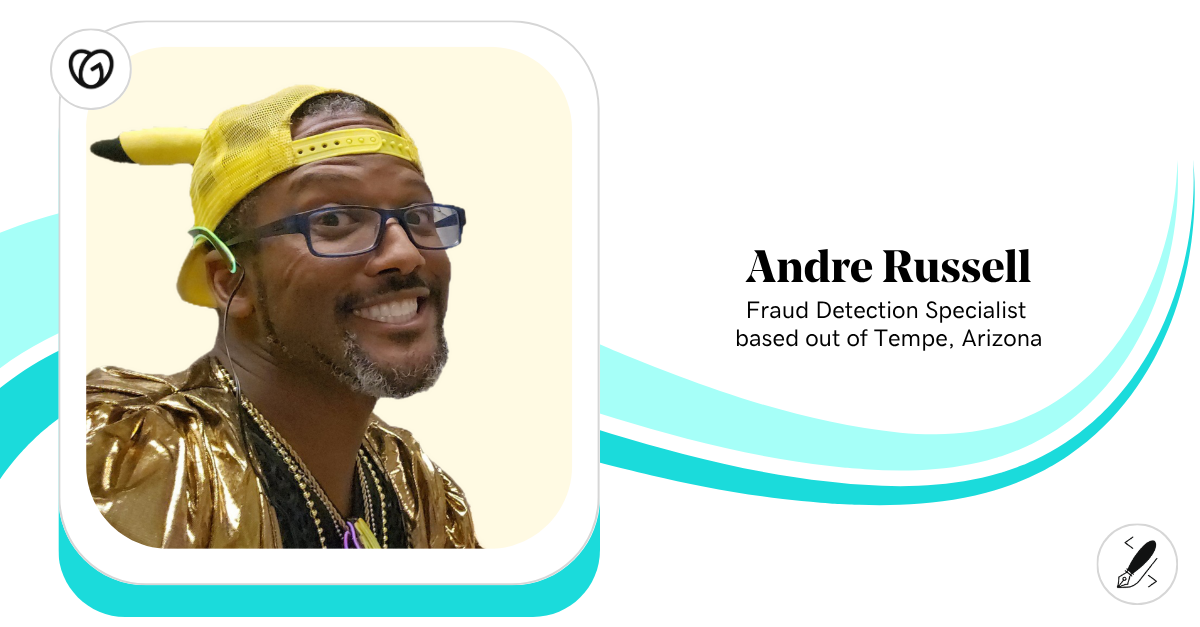Figuring out what career to pursue can be a challenging endeavor. Maybe you’ve been hopping from job to job in your twenties, and none of them feel quite right. Maybe you’re a college student who switches majors every semester, feeling lost and confused. Maybe you’re interested in a little bit of everything, and have a hard time narrowing it down. Whatever situation you’re in, help is on the way. Taking an interest inventory just might be the ticket to putting you on the right path to a career that feels right and sustainable.
What’s an interest inventory?
The Strong Interest Inventory was created by psychologist E.K. Strong in 1927, and was used to measures people’s interests and compare them to their occupations. The test has changed and evolved over the years, and now contains 291 entries that ask people everything about what they like — in terms of jobs, work environment, activities, leisure and people.
With this interest inventory, there are no right or wrong answers.
By going through each question, you’ll start to learn more about what you like. Do you prefer to work in a team or individually? Do you like an office environment or do you prefer roaming around? Do you like helping people, or would you prefer to deal with computers?
The Strong Interest Inventory leaves you with a sense of where you interests lie in six key categories:
- Social
- Investigative
- Conventional
- Artistic
- Enterprising
- Realistic
The test takes between 35 and 40 minutes, and is scored by a computer. Then you can check out just how your answers compare to people in various career fields. The test is often used to help college students pick a major.
Best practices for taking an interest inventory
There are a few ways to find and take an interest inventory. One way is to find a career counselor who can administer the test, and might also help you with other assessments, like a personality test, work values and aptitudes. Together, these tests will really help narrow down potential career fields, and you’ll be able to discuss the results with your career counselor.
If you prefer to find and take tests online, there are a few ways to do so.
The Self-Directed Search, published by PAR (Psychological Assessment Resources, Inc), costs a small fee online. You’ll also get a report on possible matching occupations that you can print out and save.
The O*Net Interest Profiler is free online, and is put out by the U.S. Department of Labor/Employment and Training Administration. This test has 60 questions about work activities people do at their jobs. When you finish this test, it will give you a list of careers that match your answers.
The Career Cruising database is a great place to find a variety of assessments when it comes to picking a career. There’s the Matchmaker test, which gives out 40 career suggestions after you answer the first 39 questions. There’s a skills assessment, which asks you to rank your level of skill in 45 areas. You can also take a Learning Styles inventory, which helps you figure out how you learn.
Remember, you don’t have to be a college student or even a young person to take an interest inventory. They are also good for people in the middle of a career change, or who just haven’t found a career that feels like the right fit.
How determining your likes/dislikes can help you find a career
If you’re uncomfortable around new people, there's no way you’d want to work as a psychologist. If you love the outdoors but hate manual labor, you probably don’t want to consider landscape design.
It’s important to figure out what you love and what you’re good at, so you’ll find a career you’ll stick with for the long term.
Sometimes, people choose careers based on money, and end up miserable. But if you find out beforehand you have the aptitude to be a doctor or a financial analyst, you’ll end up happy along with making good money.
Finding a career that’s fulfilling helps you throw yourself into it 100 percent and learn skills that will let you rise in the ranks. It also benefits corporations and organizations to hire people with a true drive and passion for their jobs.
Also, people who love their jobs are more likely to get a raise.
So go ahead, put a little time and effort into an interest inventory, a skills assessment, even a personality test. You never know the benefits you’ll reap down the line when you find a career that keeps you fulfilled, happy and paid.






